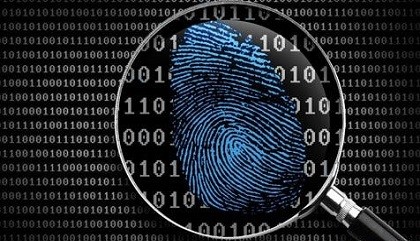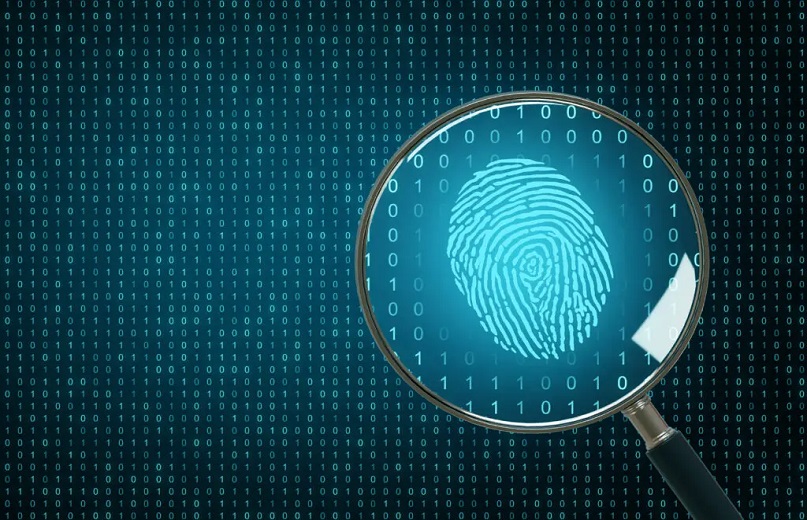As the digital world expands, so do the threats that come with it. Cyberattacks, data breaches, and digital crimes are becoming more frequent and sophisticated, creating an increasing demand for skilled professionals in cybersecurity and digital forensics. A Cybersecurity and Digital Forensics Course offers comprehensive training to equip individuals with the necessary skills to protect digital assets, investigate cyber crimes, and mitigate online threats. Cybersecurity and Digital Forensics Course also provides hands-on experience, ensuring learners are prepared to handle real-world challenges effectively.
This article explores what a Cybersecurity and Digital Forensics Course entails, its importance, and how it can pave the way for a successful career in a fast-growing industry.

What is Cybersecurity?
Cybersecurity refers to the practice of protecting networks, systems, and data from cyberattacks, unauthorized access, and data breaches. Cybersecurity professionals work to safeguard digital infrastructures, ensuring the confidentiality, integrity, and availability of data across various industries.
Key Areas Covered in Cybersecurity
- Network Security: Techniques to protect network infrastructure from hackers and malicious actors.
- Information Security: Practices for safeguarding sensitive data, ensuring it remains secure during storage and transmission.
- Penetration Testing: Simulating cyberattacks to identify vulnerabilities and strengthen defenses.
- Incident Response: Managing and responding to security breaches effectively.
What is Digital Forensics?
Digital forensics involves the investigation of digital devices and data to identify, preserve, and analyze evidence in cases of cyber crime or misconduct. Digital forensics professionals play a crucial role in legal investigations, tracking down the source of attacks, and recovering lost or compromised data.
Key Areas Covered in Digital Forensics
- Data Recovery: Techniques for retrieving lost, deleted, or encrypted data from digital devices.
- Evidence Collection: Methods for collecting digital evidence while maintaining its integrity for legal proceedings.
- Cybercrime Investigation: Investigating hacking incidents, fraud, or other cyber crimes to uncover how they occurred and who is responsible.
- Malware Analysis: Identifying, analyzing, and understanding malicious software used in attacks.
Importance of Cybersecurity and Digital Forensics
With cyber threats on the rise, both businesses and government institutions need skilled professionals to protect their digital assets and investigate security incidents. Enrolling in a Cybersecurity and Digital Forensics Course allows individuals to gain the expertise required to combat cybercrime and ensure the safety of digital environments.
Growing Demand for Skilled Professionals
The global rise in cybercrime has led to an increased demand for cybersecurity and digital forensics experts. Companies across industries need professionals who can not only secure their systems but also investigate and respond to security incidents. By taking a course in these fields, students can position themselves as vital players in the fight against cybercrime.
Compliance and Legal Requirements
Many industries must adhere to stringent cybersecurity regulations such as GDPR, HIPAA, and PCI DSS. Organizations need professionals who are knowledgeable about these regulations and can help them remain compliant, reducing the risk of costly data breaches and legal penalties.
Digital Forensics in Law Enforcement
Law enforcement agencies are increasingly relying on digital forensics to solve cyber crime cases. From tracing online fraud to hacking attempts, digital forensics professionals work alongside law enforcement to provide essential evidence in criminal investigations. A career in digital forensics can open doors to working with police departments, government agencies, and private investigators.
Course Content: What You Will Learn
A Cybersecurity and Digital Forensics Course typically covers a wide range of topics to ensure a comprehensive understanding of both fields. The curriculum often includes:
Cybersecurity Modules:
- Introduction to Cybersecurity: Overview of cyber threats, attack vectors, and defensive strategies.
- Ethical Hacking: Learning the skills needed to think like a hacker and uncover system vulnerabilities.
- Network Security and Firewalls: Protecting network infrastructure through the use of security protocols and firewall configurations.
- Security Audits and Compliance: Conducting security audits and ensuring compliance with regulations.
- Cryptography: Securing communications using encryption methods.
Digital Forensics Modules:
- Introduction to Digital Forensics: Understanding the role of digital forensics in modern investigations.
- Data Acquisition and Recovery: Techniques for collecting and recovering data from various devices.
- Forensic Tools and Techniques: Using industry-standard tools to examine digital evidence.
- Incident Response and Investigation: Analyzing security breaches and developing incident reports.
- Legal and Ethical Considerations: Understanding the legalities involved in collecting digital evidence for court proceedings.
Career Opportunities in Cybersecurity and Digital Forensics
Completing a Cybersecurity and Digital Forensics Course can lead to numerous career opportunities, including:
- Cybersecurity Analyst: Protecting systems and networks from cyber threats.
- Penetration Tester (Ethical Hacker): Simulating attacks to find vulnerabilities before they are exploited.
- Incident Response Specialist: Responding to and mitigating security incidents in real-time.
- Digital Forensics Investigator: Analyzing digital evidence to investigate cyber crimes.
- Security Consultant: Providing expert advice to organizations on how to improve their security infrastructure.
Conclusion
A Cybersecurity and Digital Forensics Course is essential for those looking to pursue a career in two of the most in-demand fields in the digital age. With cyber threats continuing to rise, skilled professionals are needed to protect systems, investigate incidents, and bring cyber criminals to justice. By gaining expertise in both cybersecurity and digital forensics, individuals can secure rewarding careers that make a real difference in the security and integrity of digital environments.





